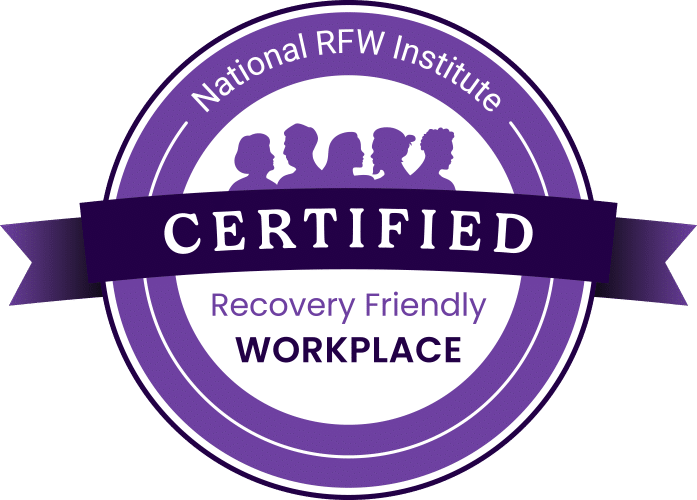For many girls and young women involved in the juvenile justice system, traditional pathways too often mirror incarceration, with settings that emphasize confinement over growth, and security over healing. At Eliot Community Human Services, two programs are rewriting that story: Adira Place and Winsor Place. These trauma-informed, rehabilitative programs are designed to provide justice-involved girls with the tools, community, and confidence to rebuild their lives.
A Model Designed Differently
Adira Place and Winsor Place are intentionally small programs—just five beds each—ensuring that every young person receives highly individualized, focused and strengths-based attention. Unlike more traditional youth justice facilities, these programs were created with an understanding of the unique needs of girls. Specialized clinical supports, regionalized services, and activity-rich programming set them apart.
Staff work within a Dialectical Behavioral Therapy (DBT) and trauma-informed care framework, ensuring that treatment is client-centered, collaborative, and evidence-based. Families and identified caregivers are deeply engaged, and staff operate not only as clinicians but also as mentors and coaches by offering structure, while modeling trust, respect, and healthy boundaries.
A Therapeutic Home
From the moment a young person arrives, the environment itself signals something different. The houses look and feel like real homes. Inside, walls are decorated with images of role models—athletes, artists, social and cultural leaders—and bedrooms and common spaces are designed with therapeutic intent.
As Shanyce Morgan, Juvenile Justice Program Director describes, the transformation is almost immediate:
“Within the first 20 minutes, we often hear, ‘Oh my god, this feels like a home.’ That comfort matters. These girls are far from home, and our job is to create an environment where healing feels possible.”
Even visiting staff remark on the sense of calm and dignity the spaces convey, which is proof that intentional design itself can be a powerful therapeutic tool.
Beyond Therapy: Education, Recreation, and Real-World Skills
A “day in the life” at Adira or Winsor blends therapeutic support with education and recreation. Classrooms are on-site, along with exercise areas, and programming often extends into the community. Eligible youth participate in off-site activities, such as basketball at the YMCA, amusement park visits, or community events, while in-house programming includes yoga, cooking classes, spa nights, dance lessons, and other workshops led by local partners.
This balance of structure and enrichment avoids replicating an experience of incarceration and instead fosters personal development, self-expression, and joy.
Preparing for Successful Re-Entry
Eliot’s approach doesn’t end within the program walls. Reintegration planning is a central part of the process, with structured 90-, 60-, and 30-day meetings to ensure wraparound supports are in place for when participants return to their respective communities. Staff collaborate closely with caseworkers, families, and community partners so that young women return home with not only a plan, but also momentum.
Recent outcomes speak volumes:
- A young woman once placed in the highest level of secure care has since graduated high school, started college, and holds a full-time job at a local grocery store—all while maintaining incident-free progress at Winsor Place.
- Others have reduced or eliminated the need for restraints, found employment, and taken tangible steps toward independence and stability.
These stories are not exceptions; they are the expected results of a program that prioritizes dignity, empowerment, and community reintegration.
Building a Future of Possibility
Eliot’s Adira Place and Winsor Place stand as proof that justice-involved girls deserve more than confinement. They deserve environments that recognize their trauma, nurture their strengths, and open doors to a future beyond the justice system.
By replacing punitive models with therapeutic homes, Eliot is not just supporting girls through their most challenging chapters, it is helping them author new ones filled with resilience, growth, and hope.


